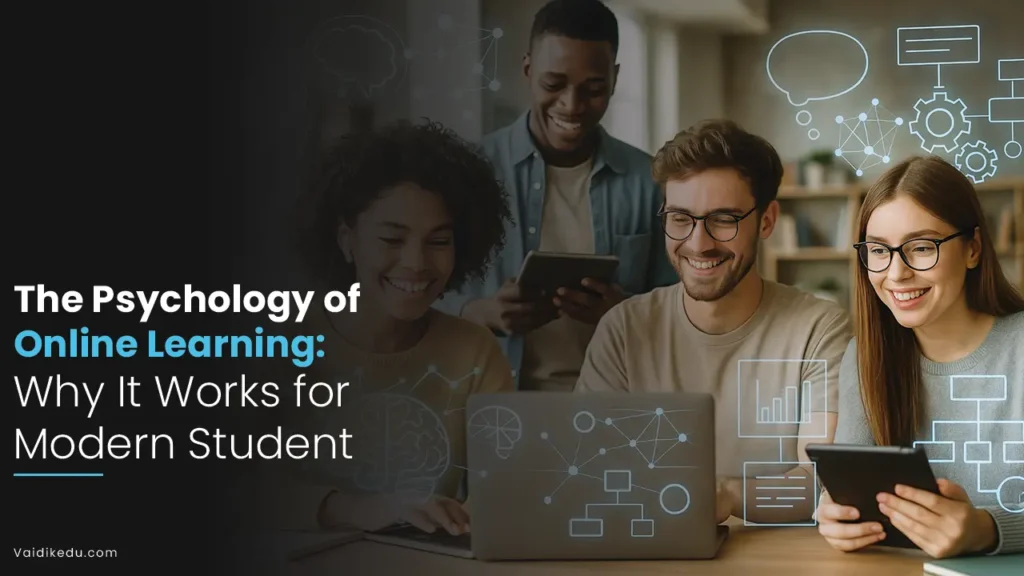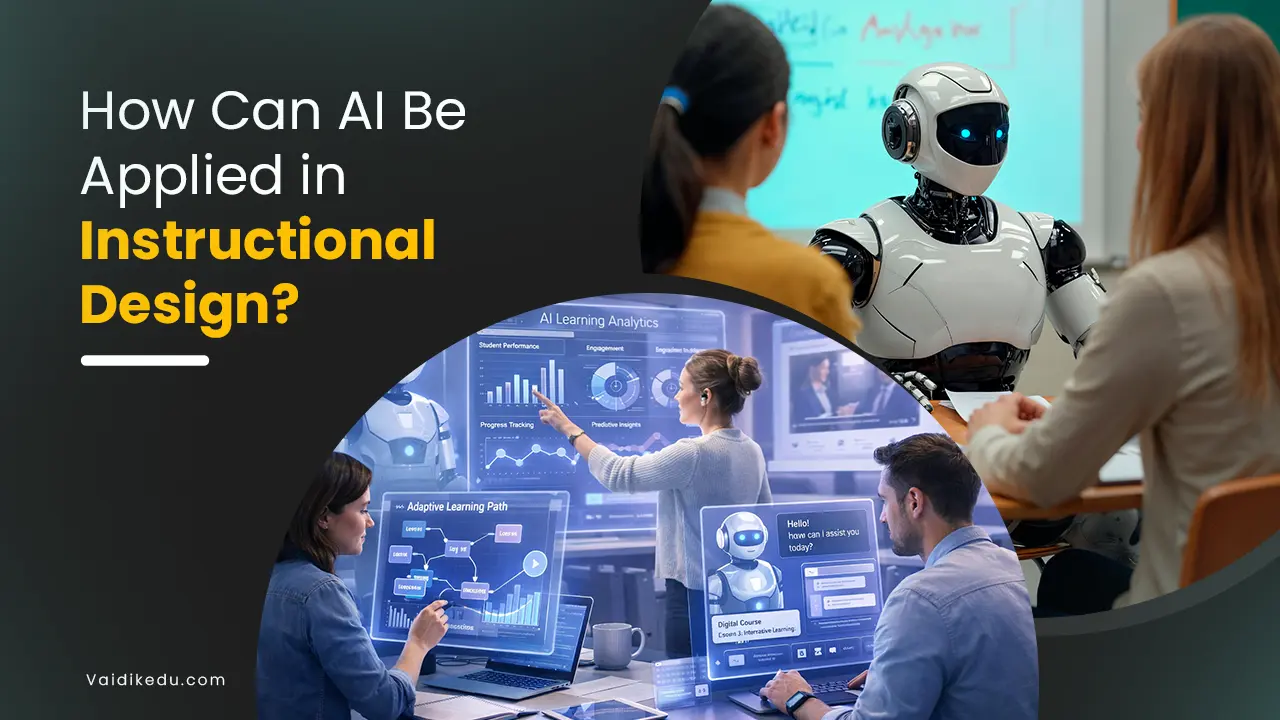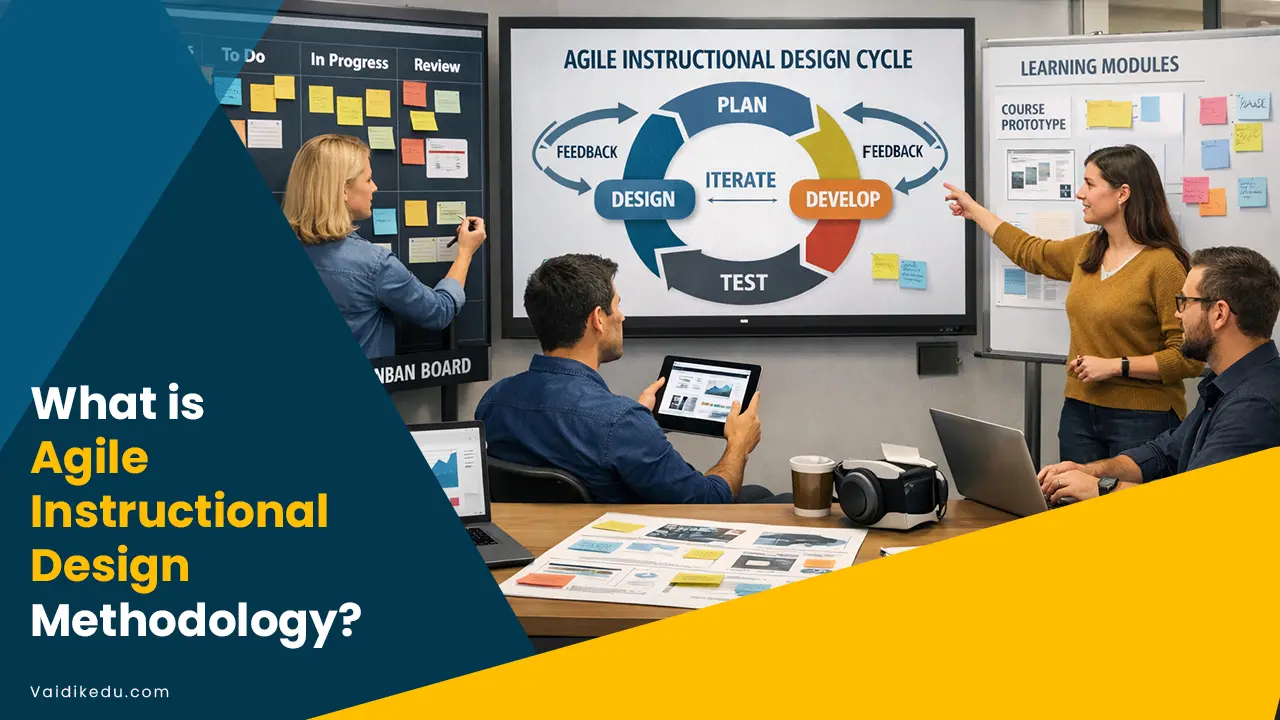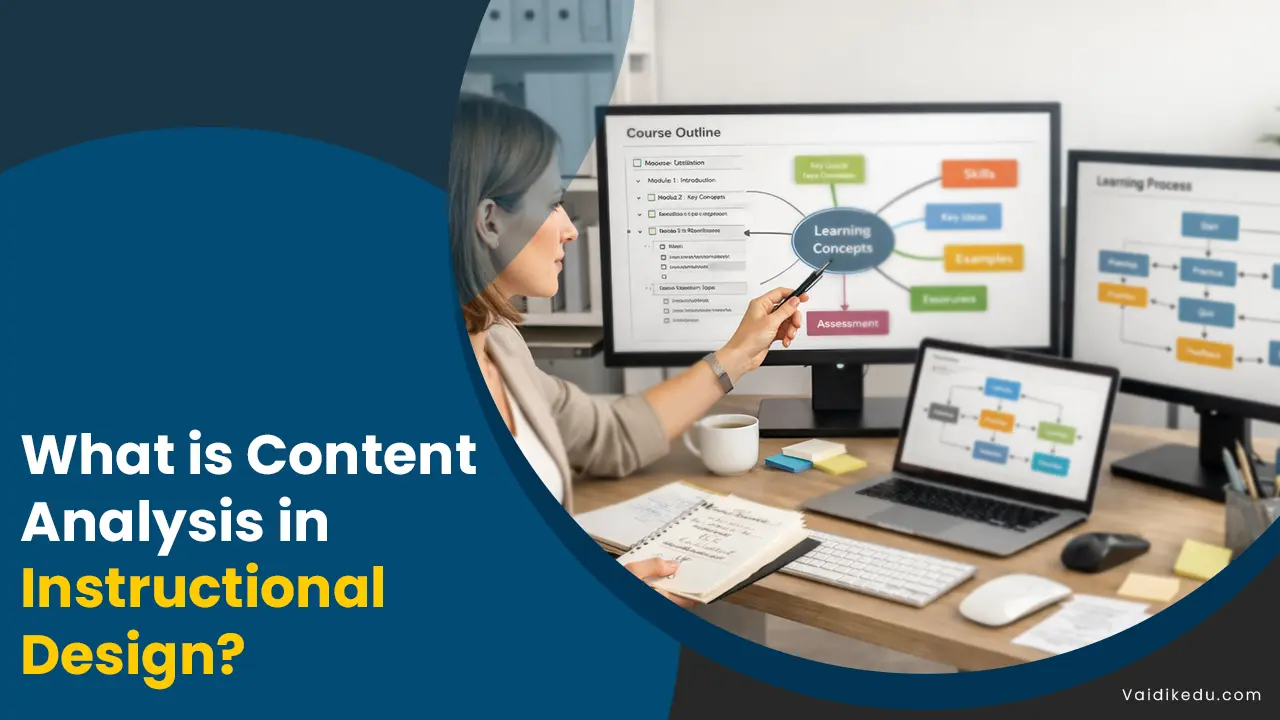In today’s fast-paced, technology-driven world, online educational systems have started to display an enhanced importance for the students. Loose, nightmarish night-marish schedules offer a selection of online courses and the opportunity to find a balance between university courses, family obligations, and leisure.
What could possibly be the prime cause for online learning’s connection with contemporary students? The answer lies not only in its practicality but in the psychology behind what makes it work. Online learning to sum up, motivates and helps learners find their learning style, which is very relevant to the demands of today’s students.
In this essay, we will investigate the psychological reasons for the occurrence of online education as well as the ways that it applies to the requirements and settlements of the modern education system.
Steps For Psychology OF Online Learning
1. Flexibility And Autonomy
One of the most significant advantages of online learning Solutions is the flexibility it offers. Research in educational psychology highlights the importance of autonomy in fostering motivation and engagement. Unlike traditional classroom environments that operate on fixed schedules, online learning allows students to dictate their own pace and timing.
- Self-Determination Theory (SDT): This theory emphasizes the need for autonomy as a core component of motivation. When students can choose when and how they learn, they are more likely to stay engaged and persist in their studies.
- Example: A single parent can complete a module during their child’s nap time or after work, reducing stress and enabling effective learning.
2. Tailored Learning Experiences
Online learning platforms often use adaptive technologies to customize content to individual needs. This personalization caters to different learning styles and speeds, addressing a significant limitation of one-size-fits-all classroom instruction.
- Cognitive Load Theory: According to this theory, learning is most effective when cognitive overload is minimized. Online platforms can break down complex topics into manageable chunks, ensuring learners are not overwhelmed.
- Example: Interactive tools like quizzes, videos, and simulations allow visual and kinesthetic learners to grasp concepts better than through lectures alone.
3. Increased Accessibility
With just a device and an internet connection, online learning transcends geographical barriers. Students from rural or underserved areas can access the same quality of education as their urban counterparts. Accessibility not only broadens opportunities but also instills a sense of empowerment in learners.
- Psychological Impact: Feeling included and empowered boosts self-efficacy and the belief in one’s ability to succeed. Higher self-efficacy leads to greater persistence and resilience in learning.
- Example: A student in a remote area who cannot attend a prestigious university physically can still take a course taught by its professors through online learning platforms.
4. Interactive And Gamified Learning
Online learning incorporates interactive features like live chats, discussion boards, and gamification elements. These features address the social and emotional aspects of learning, which are critical for retention and motivation.
- Gamification in Education: Adding elements such as badges, leaderboards, and rewards taps into intrinsic and extrinsic motivators. This keeps learners engaged and creates a sense of accomplishment.
- Social Constructivism: Learning is a social activity. Through virtual communities and collaborative projects, online platforms replicate the group dynamics of traditional classrooms, fostering peer-to-peer learning.
- Example: Platforms like Duolingo use gamification to make language learning enjoyable, while forums on Coursera enable meaningful discussion with peers worldwide.
5. Anxiety-Free Learning Environment
Sometimes traditional classrooms can cause anxiety, especially for introverted students or those who are afraid to ask questions. On the other hand, online learning offers a low-pressure environment where the students can communicate at their own pace.
- Reduced Performance Anxiety: Students can engage in discussions and complete assignments without the fear of being judged by peers.
- Asynchronous Communication: Forums and recorded lectures enable learners to revisit content multiple times, helping them build confidence.
- Example: A student who feels nervous about public speaking can practice their skills through online communication tools before presenting in front of an audience.
6. Encouraging Lifelong Learning
Lifelong learning psychology forms the core of online education. For many, the possibility to keep their skills up and be able to acquire more new knowledge on various topics matches the career dynamics and personal development trend.
- Growth Mindset: Online learning fosters the belief that abilities and intelligence can be developed. Platforms encourage learners to take risks and embrace challenges, cultivating resilience.
- Example: Professionals can enroll in micro-courses to stay updated in their fields, ensuring they remain competitive in the job market.
7. Immediate Feedback And Progress Tracking
Immediate feedback is a critical component of effective learning. Online platforms often provide real-time feedback on quizzes and assignments, allowing students to identify and correct mistakes promptly.
- Reinforcement Theory: Positive reinforcement through instant feedback enhances learning and retention. It motivates students to continue progressing.
- Example: A student working on a coding assignment can receive instant corrections and guidance, accelerating their mastery of the skill.
Conclusion
Online learning psychology is a subject that illustrates why the new form of education is so good in terms of the present students. Through flexibility, personalized learning experiences, accessibility, and a supportive environment, online learning is able to meet the unique and diverse learning needs of present-day students.
Moreover, by focusing on gamification, lifelong learning, and instant feedback, it has become both attractive and influential.
With the constant technological advancements on the rise, e-learning as an alternative will not only progress but will also improve its reach to students worldwide.
Be it the one that online learning is a must-have for a high school learner who wants to break out or a professional practitioner who desires to sharpen skills, e-learning is not an option. It is a pillar of modern education.
Frequently Asked Questions
Online platforms provide multimodal resources such as videos, audio lectures, interactive quizzes, and simulations, thus visual, auditory, and kinesthetic learners can relate to the material efficiently.
Absolutely. According to the research, online learning is as good as, or even better, owing to its ability to be personalized, its faculty to offer a flexible schedule of learning and the possibilities of intrinsic motivation.
Gaming makes the process more fun and interactive. In conclusion, intrinsic and extrinsic motivations work together to make sure the students get on with what they started.
Yes, it definitely can. A major advantage of e-learning is the removal of time and location constraints. This way, students in rural and underserved areas can take advantage of quality education and resources.
Besides the unconventional setting provided, online learning offers students another perk; the students can communicate through writing rather than speaking. This unique way of learning, with the help of the asynchronous communication option and self-pacing, helps reduce students’ anxiety and foster their self-confidence.









